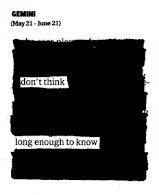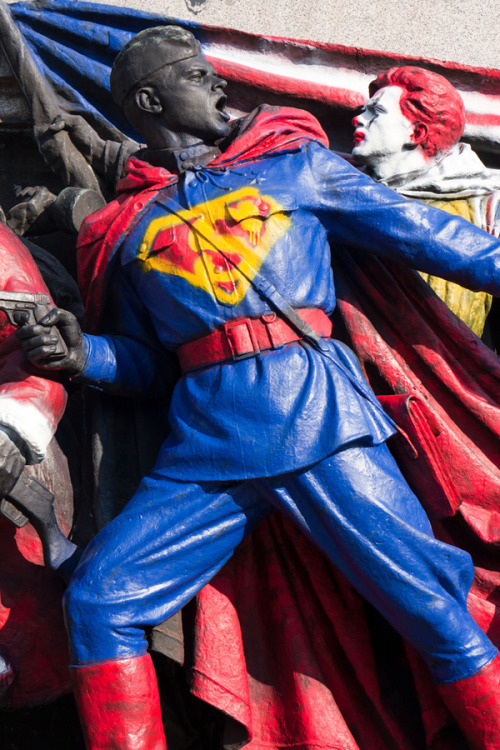every once in a while a window opens up and things can happen
to
wake us from our dream state, an act of resistance which gives voice to the
buried past/the
dream is one which commodity culture has created to divert attention from
reality.
the potential of orienting a new consciousness of alterity
· "In a jazz key,
the future is that which is beyond our control, that which one never arrives
at, and that which therefore eludes the grip of mastery and control. It points
towards a different logic of space and thus a different social arrangement. To
speak of the future in this sense is to speak of difference, alterity,
creativity, and surprise as part of the goodness of creation. Such a future shapes and forms us by orienting us toward that
future, the ungraspable future present that has irrupted in our midst. This
reality of the future that disorients so as to reorient the present, this
future present […]."*
"The
destructive character knows only one watchword: make room. And only one
activity: clearing away. His need for fresh air and open space is stronger than
any hatred.
The
destructive character is young and cheerful. For destroying rejuvenate, because
it clears away the traces of our own age; it cheers, because everything cleared
away means to the destroyer a complete reduction, indeed a rooting out, out of
his own condition. Really, only the insight into how radically the world is
simplified when tested for its worthiness for destruction leads to such an
Apollonian image of the destroyer. This is the great bond embracing and
unifying all that exists. It is a sight that affords the destructive character
a spectacle of deepest harmony.
The
destructive character is always blithely at work. It is Nature that dictates
his tempo, indirectly at least, for he must forestall her. Otherwise she will
take over the destruction herself.
The
destructive character sees no image hovering before him. He has few needs, and
the least of them is to know what will replace what has been destroyed. First
of all, for a moment at least, empty space – the place where thing stood or the
victim lived. Someone is sure to be found who needs this space without
occupying it.
The
destructive character does his work; the only work he avoids is creative. Just
as the creator seeks solitude, the destroyer must be constantly surrounded by
people, witnesses to his efficacy."**
"Something Else A’Comin’ . . ."
J. KAMERON CARTER
May 31, 2019
"The Destructive Character,"
**Walter Benjamin,
see also:
Jazz Is Built for Protests, NY Times
image: Margaret Bourke-White/Time Life Pictures/Getty Images







